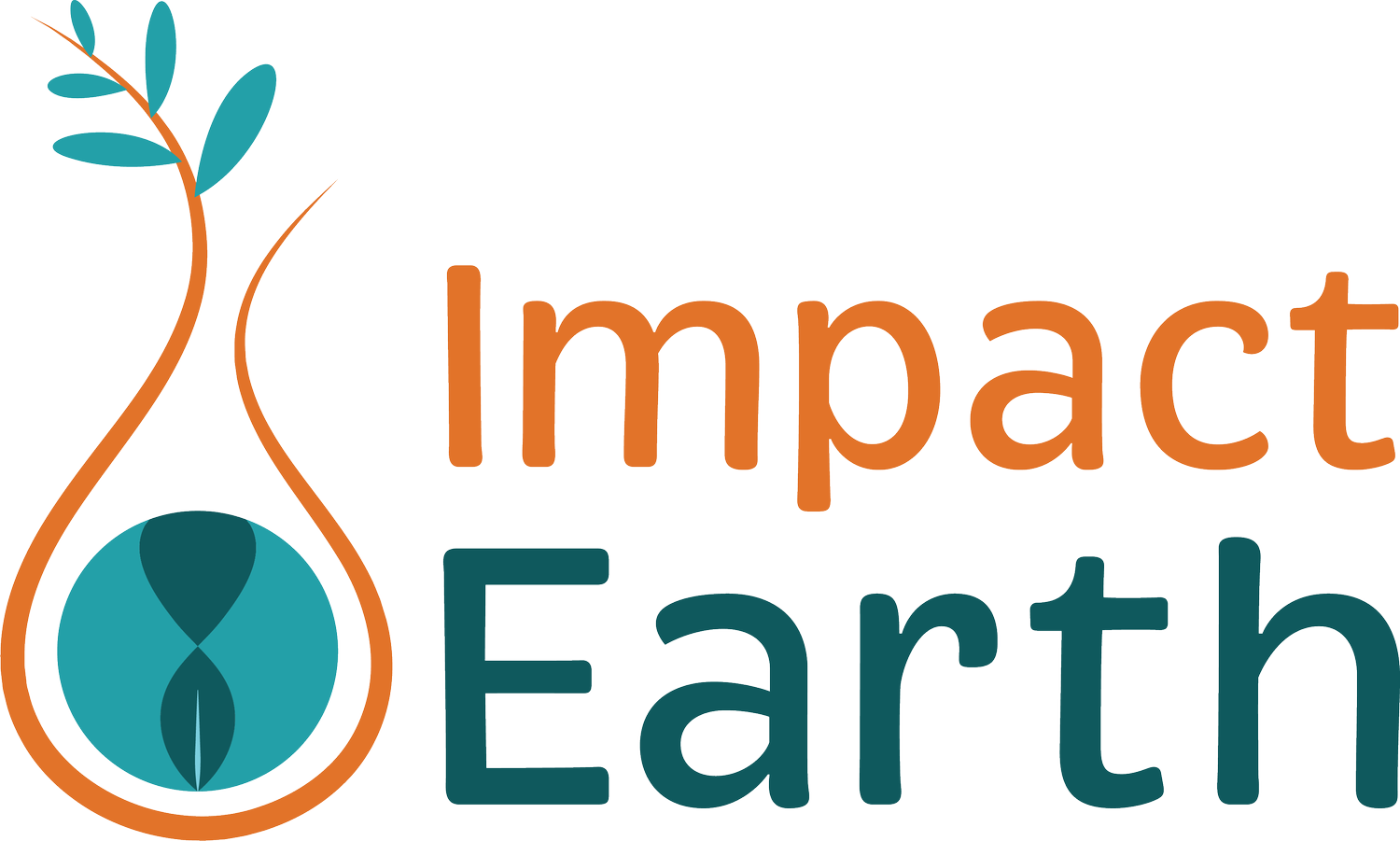Loving the Earth: One Choice at a Time
Alexa, when did Earth Day start in the US and why was it created?
“Earth Day was first observed on April 22, 1970, to raise awareness of the need to protect Earth’s natural resources.”
She chants the facts back to me as my mind drifts to that first Earth Day when an estimated 20 million people gathered nationwide from schools, universities, and other community sites. I was a teeny bobber back then, more interested in my next boy crush than celebrating the earth, but I do remember walking to the creek in our neighborhood to sit on a large rock and throw pebbles into the water. Wistful, as I watched them ripple, feeling the springtime sun warming my face -it would be years before I realized I had a relationship with nature akin to love.
I also remember “Give a Hoot, don’t Pollute,” with Woodsy the Owl teaching young people to pick up the litter trashing our streets. It seemed like a relatively easy choice to make, tangible, with no science degree needed to understand. There’s garbage on the ground pick it up! And I did pick it up and put it in a trash can. Of course, then I wasn’t thinking about what kind of trash was accumulating and where it would go next. A landfill could have been a crater on the moon- hidden away with all the other stuff I didn’t understand.
Now information is at my fingertips about the content of our pollution and its consequences. I can imagine Woodsy off weeping somewhere- heartbroken to see all the plastic filling our oceans today. Perhaps she influenced the organizers of Earth Day to call upon consumers to work toward a 60% reduction in plastic production by 2040.
2024 Earth Day theme: Planet vs. Plastics
Since most of our products are packaged in plastic, it can be overwhelming to consider whether our personal choices make a difference. What’s needed to reduce plastic production? As an individual, you may not have control over how manufacturers package their products (unless you work in that industry) but, you can support the development of extended producer responsibility laws that require manufacturers of goods to be responsible for the entire lifecycle of their products. Simply put, this requires them to answer the following question and ensure that the answer is not a landfill.
Where will this product end up at the end of its life?
As a consumer of goods, you can ask that question too before making a purchase. Look at the packaging, can it be recycled or composted? Can you return the container to the manufacturer? An example of a producer that takes back its container is Pittsford Dairy. Our family can say we are zero waste with our milk consumption since we buy it in glass jugs that are returned to the dairy after use. The result? We have no milk cartons to recycle.
Can you make one swap?
If we are to support the 2024 Earth Day theme and reduce our plastic consumption, Woodsy suggests getting more people on board to change one habit. Start with your own family and consider some of these options for replacing plastic:
Metal or glass water bottle
Cloth or reusable shopping and produce bags
Glass/metal storage containers
Reusable snack bags
Bee’s wrap or a glass lid on a plate for storing leftovers
Compostable toothbrushes, shampoo bars, soap bars
Bring your own take-out containers for “to-go” meals
Buying in bulk and packaging individual portions yourself
If your family has already made the changes above, your next step might be to support a friend or family member. Maybe a busy mom who relies on single-use snacks. Could you offer a “snack day” activity with her kids -purchasing their favorite snacks in bulk and packing them in reusable snack bags? How great to have the convenience of single-use without all the extra packaging!
Why bother?
In 1970, a young girl sat on a big rock, throwing pebbles into the creek. She didn’t worry about whether the Earth would support her lifestyle. She simply enjoyed feeling the sun and dipping her hand into the cool water. Enjoying nature and believing its presence would never change. Fifty-four years later she thinks about her grandchildren, all their friends, and everyone looking forward with question marks.
With just one change in habit, she throws another pebble into the water and watches it ripple. She does it because she loves the Earth and respects the Mother who leads by example.
Let us know about one change in habit, your family plans to make.
Send your comments to Nancy Steinkamp.
